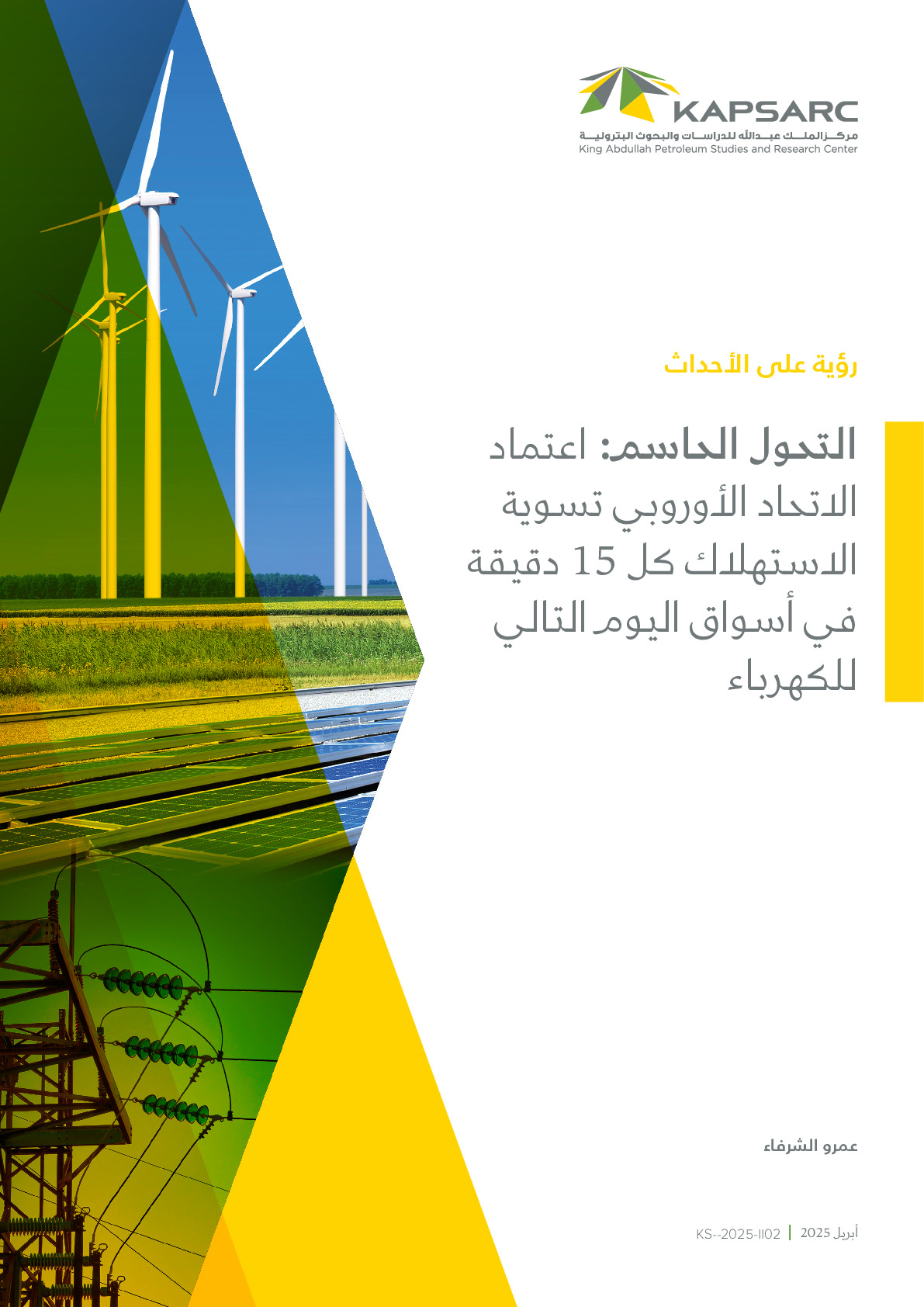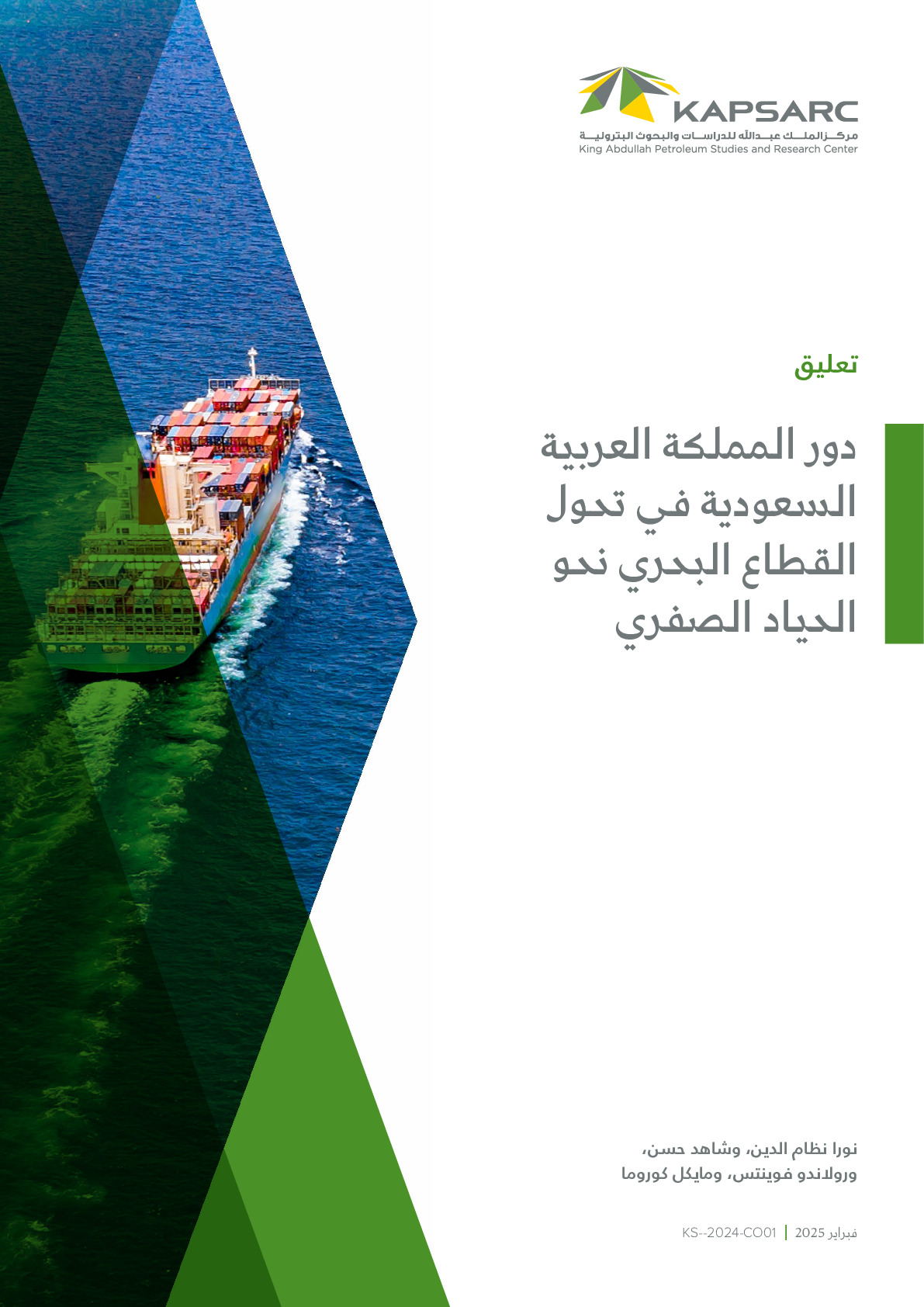على مدار العقدين أو الثلاثة عقود الماضية، وخاصة في أعقاب الكساد الكبير، كان يتم التعاطي مع تحولات الطاقة النظيفة بأسلوب “ثلاثة سياسات في واحدة”: إيجاد وظائف “طوق أخضر” لإعادة العاطلين عن العمل إلى السوق، واستخدام الموارد المحلية لتقليل الاعتماد على الوقود الأحفوري المستورد، مع تقليل انبعاثات الكربون. كان الهدف الأول لهذه “الثلاثية” هو تطوير صناعات محلية عالية التقنية مدعومة بالطلب المحلي المدفوع بالسياسات على معدات طاقة الرياح والطاقة الشمسية.ثم ستؤدي تلك الصناعات عالية التقنية بدورها للهدف الثاني المتمثل في خفض تكاليف تقنيات الطاقة النظيفة إلى الحد الذي لاتعود فيه بحاجة إلى دعم السياسات.







